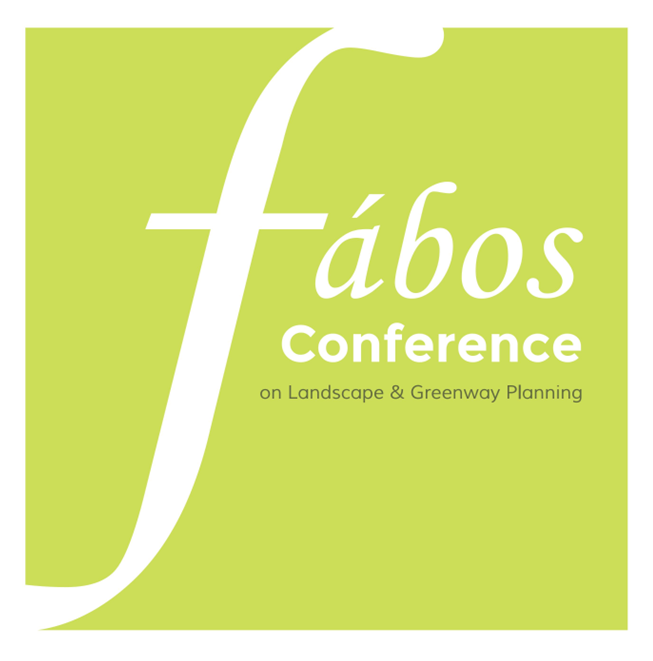A concept and case study of ecological network planning in the Fertő-Hanság basin in Hungary
- Éva Konkoly-Gyuró (University of West Hungary Institute of Environmental and Earth Sciences, Sopron,)
- Dezső Nagy (University of West Hungary Institute of Environmental and Earth Sciences, Sopron)
Abstract
The concept of ecological networks has emerged from the landscape planning on the one side and from the landscape ecology on the other. Landscape planning has been seeking to create greenways and green networks for people. Whereas landscape ecology provided the scientific basis for the assessment of landscape structure thus gave the opportunity to turn the nature conservation approach from the protection of isolated nature reserves into a spatial system approach. A systematic analysis and evaluation of the existing ecological network provides a larger context for the habitat preservation, so an opportunity of more efficiency for the nature conservation. However the purpose is not uniquely the conservation of a present state, but also the restoration of the spatial coherence, the connectedness between the natural areas.
This paper presents a new planning methodology for the restoration of the ecological network through a case study of the Fertő-Hanság basin, located on the northwestern lowland of the county between the Alps and the Carpathians. Parts of this diverse area are everyday landscapes, but parts are rather particular, designated as national park, word heritage cultural landscape, Ramsar area and biosphere reserve.
Keywords: greenways, hungary, ecological, network, landscape, planning
How to Cite:
Konkoly-Gyuró, É. & Nagy, D., (2010) “A concept and case study of ecological network planning in the Fertő-Hanság basin in Hungary”, Fábos Conference on Landscape and Greenway Planning 3(1). doi: https://doi.org/10.7275/fabos.858
Downloads:
Download PDF
287 Views
220 Downloads
